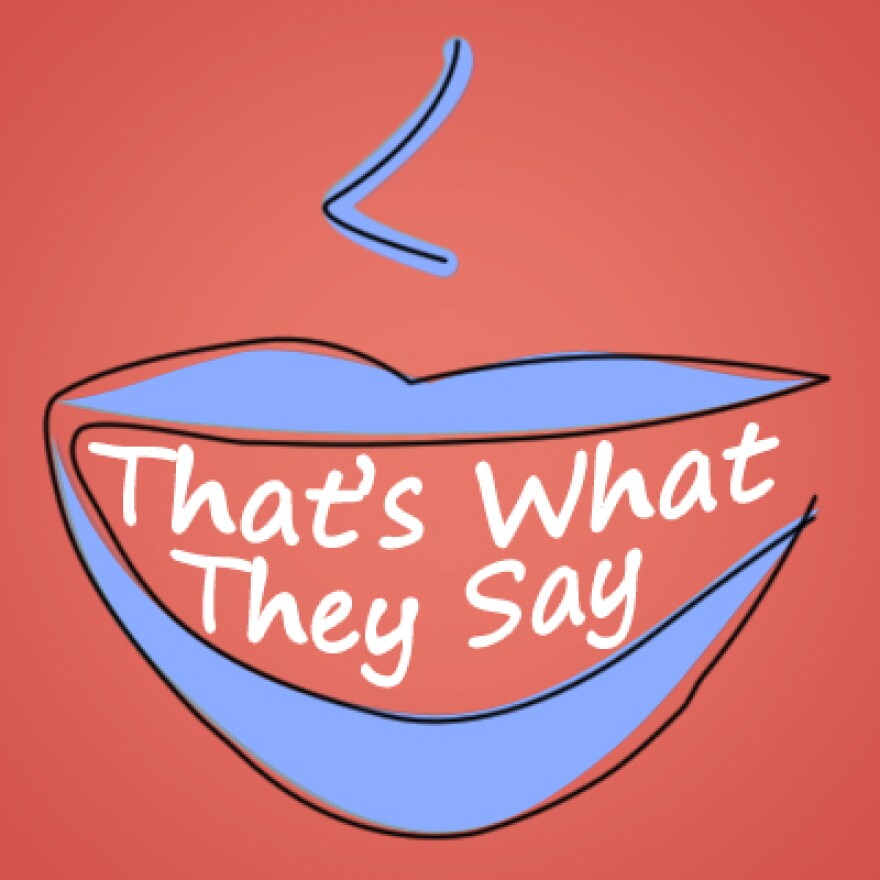Do you say “a historical event,” or “an historical event?”
On this week’s edition of “That’s What They Say,” Professor Anne Curzan of the University of Michigan and host Rina Miller discuss this confusing speech convention. As Professor Curzan points out, the inclination to use either “a” or “an” depends on the pronunciation of the “h” at the beginning of “historical.”
“Most American English speakers pronounce ‘h,’” says Curzan. “We’re not ‘h-droppers.’ In Britain a lot of the urban varieties of British English drop the ‘h,’ even in words like house you get ouse. But at the beginning of words in American English we tend to pronounce the ‘h’… so we’ll say a history.”
The issue when pronouncing historical, however, is that the stress has moved to the second syllable. This makes for a lighter-sounding “h,” and can change the article of the word.
“For speakers with a lightly pronounced ‘h,’ they will say ‘an historical,’” says Curzan. “It may be seen as a more proper pronunciation.”
Despite hellish confusion with the letter “h,” the conventional rule for whether to use “a” or “an” is fairly consistent, although the word unicorn can screw some people up, as Curzan explains.
“The system for ‘a’ versus ‘an’ is very regular. I once put on a test for students with the question of, with the word unicorn given that it starts with a ‘u,’ why do we say ‘a unicorn?’” Curzan explains, “I got these amazing answers about how the unicorn is a mythical beast, therefore it breaks the system of the English sounds…the word unicorn, although it’s spelled with an initial ‘u,’ starts with a consonant, the sound ‘ya.’”
Not even the mythical unicorn can escape the fettering rules of the English language.




